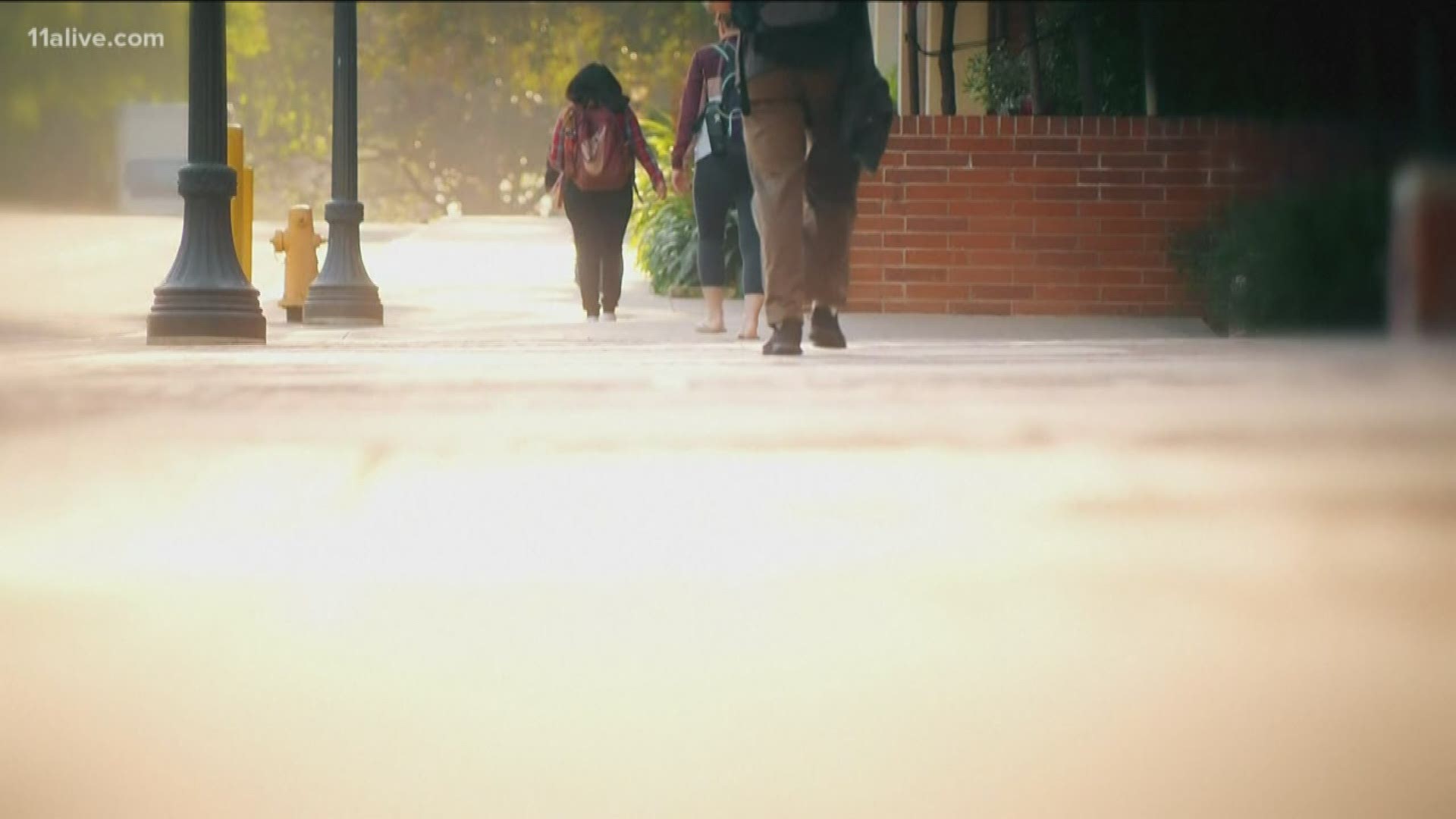ATLANTA — A case of measles that spread between three members of a metro Atlanta family has doubled the number of cases in the state.
The Georgia Department of Public Health confirmed the three new cases on Thursday and said that none of the three people were vaccinated against the virus.
The health department is already working to notify people who may have been exposed to the virus or may be at an increased risk for measles. Although the risk of becoming sick is low, measles is still considered highly contagious and extremely serious.
Measles vaccines had largely brought under control but recent movements against vaccination have increased those susceptible to the virus. The state health department said a single dose of the vaccine is about 93 percent effective while two doses work in 97 percent of cases.
However, almost everyone who has not been vaccinated will get measles - which spreads when an infected person breathes, coughs or sneezes - if they are exposed to the virus.
A recent Associated Press report described 2019 as the worst year in the United States for measles since 1994 with nearly 700 cases.
Symptoms of measles include a potentially high fever, a cough, runny nose and red eyes, tiny white spots on the inner lining of the cheek and rash or tiny red spots that start at the head and spread to the rest of the body.
People with symptoms of the highly contagious virus are urged to contact their healthcare provider immediately but not to go to a doctor's office, hospital or any other public health clinic without first calling to notify officials there first.
For healthcare providers who suspect measles in a patient, they are advised to notify a public health provider immediately.
The measles advisory also comes amid other health concerns in the state including a Hepatitis A outbreak and a rare strain of E. coli that is affecting Georgia and several other states.
MORE HEALTH NEWS

